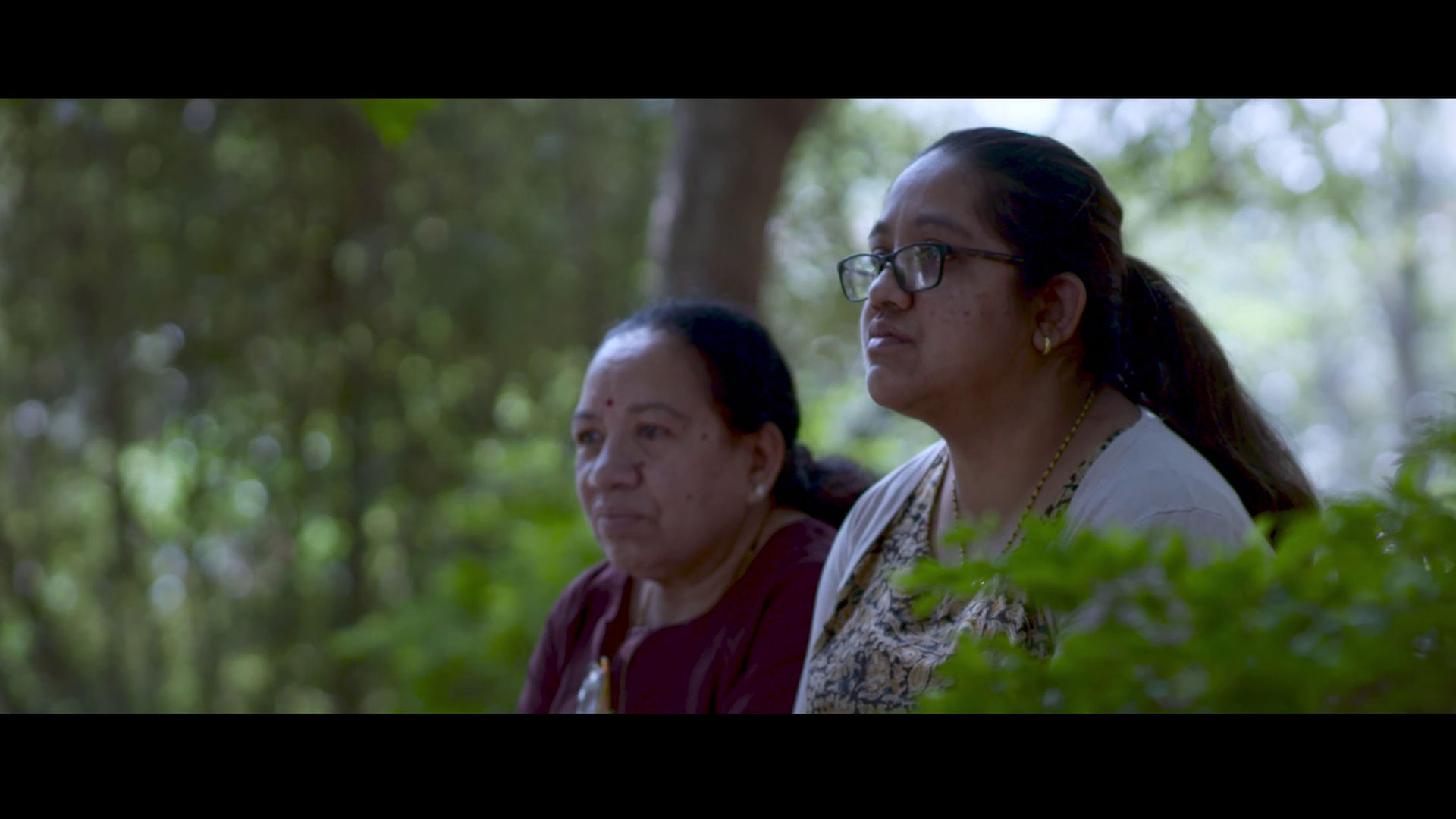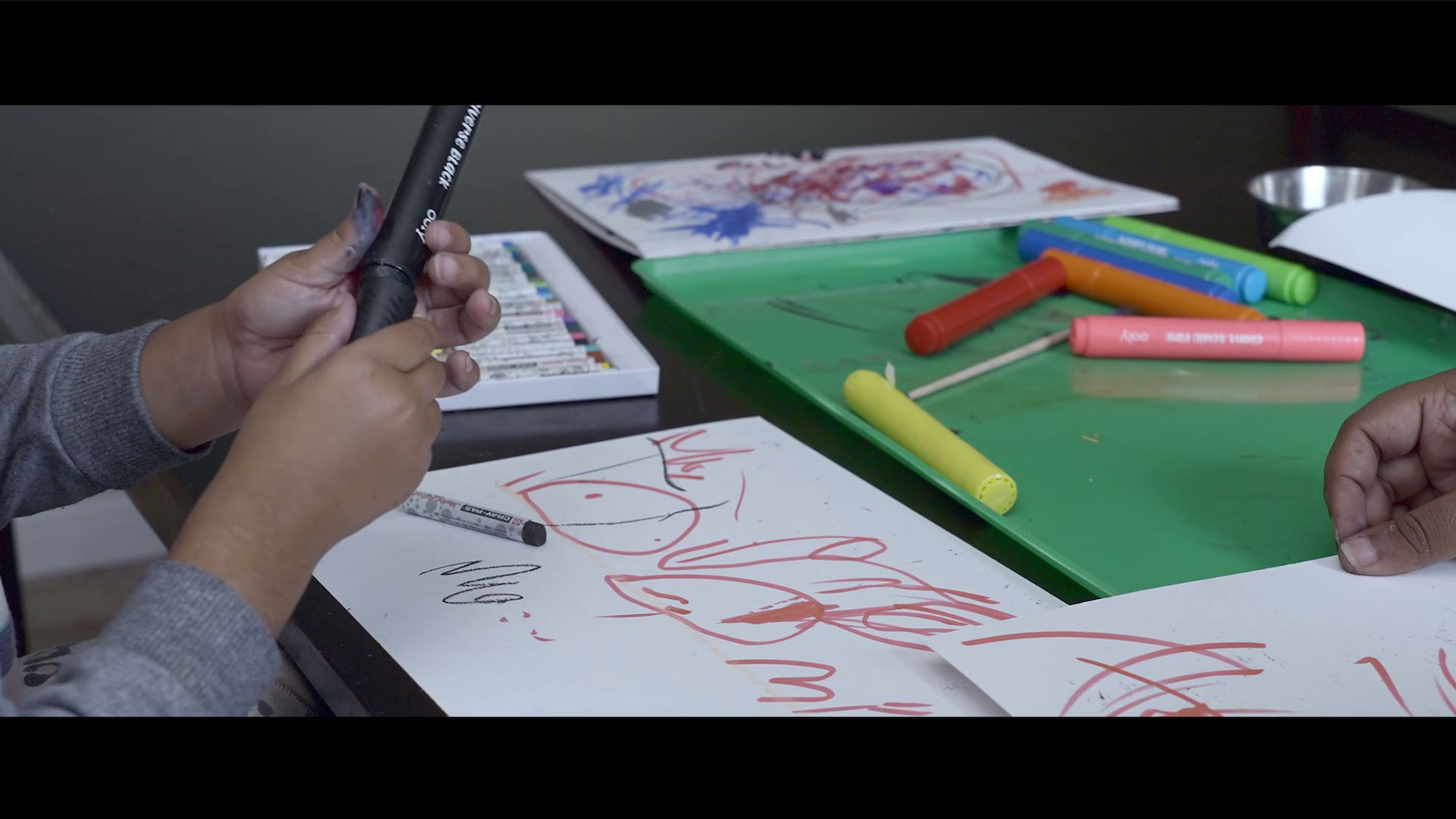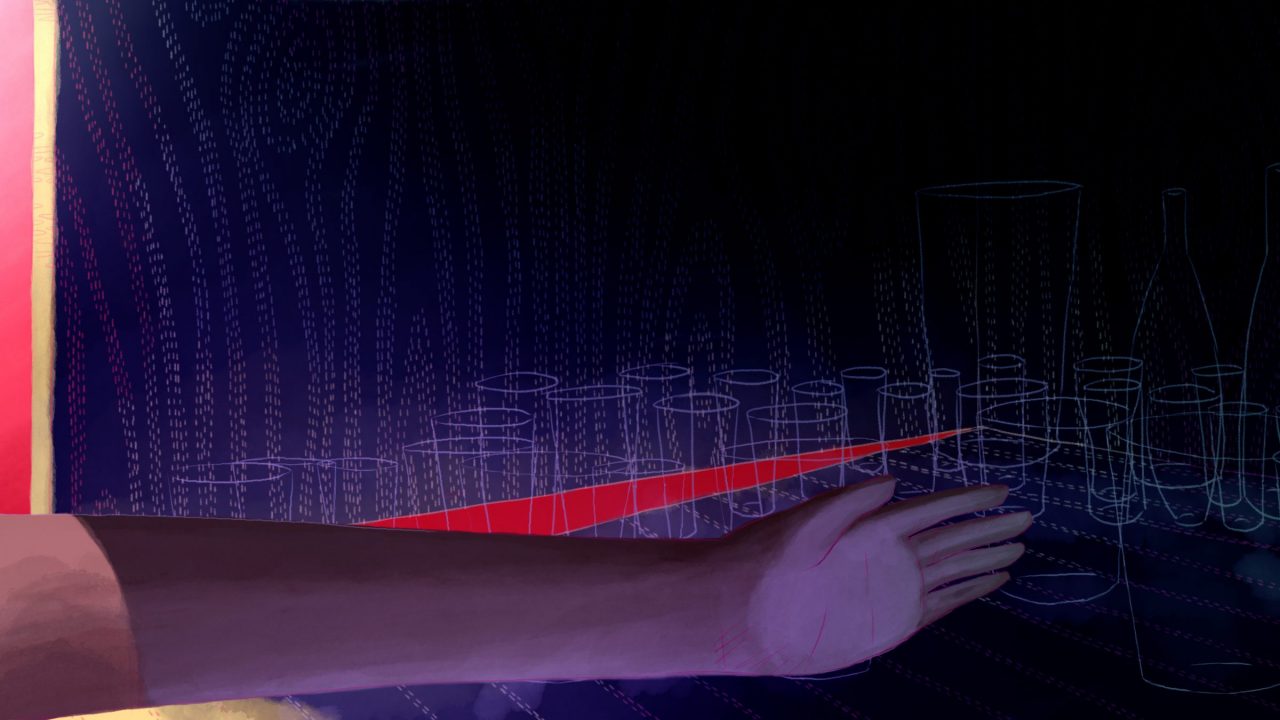
love, amma | A Mother’s Journey to Healing
love, amma | A Mother’s Journey to Healing
love, amma is a mother’s beautiful and revealing truth in the form of a letter written to her young daughter.
love, amma, Prajwala Dixit, provided by the National Film Board of Canada
The film begins with the main character, director Prajwala Dixit, watching the waves along the coastline of St. John’s and addressing her daughter, Maya—explaining what it’s like to live with her mental health condition, borderline personality disorder (BPD). love, amma is a brave depiction of one woman’s struggle with this disorder and her courageous and thoughtful attempt to have her family understand what she’s experiencing.
In the film, Prajwala shows us, in various ways, her love for her daughter, her family and herself—her self-acceptance and understanding of who she is with BPD, and her capacity to live with her diagnosis.
Prajwala explains to her daughter why she went to Bengaluru, India: she wanted to share the diagnosis with her family and perhaps receive love and acceptance from them. During one conversation with her grandmother, Prajwala asks her if she’s ever heard of borderline personality disorder, and her grandmother says no. She is somewhat dismissive, stating that these are things that plague famous people who add extra pressure to their lives.

In another powerful scene, Prajwala’s mother displays guilt—and perhaps some denial—when she tells Prajwala that she “did the best she could” in raising her, and that she can’t go back and change anything. The mother’s reaction is a very common one in the South Asian community: denial and an unwillingness to accept her daughter’s mental illness, in addition to being dismissive of a less rare disorder, depression. Prajwala’s mother has a background in psychology but is not convinced by the notion of a mental illness. She states that anyone can be diagnosed with any number of things due to symptoms we may display.
In contrast to this scene, Prajwala sits down with her young daughter to talk about her trip to India and the time she was in the hospital. She delicately explains her feelings in a way her daughter can relate to, and approaches her with care as they begin to share their emotions. This scene is extremely thoughtful and crafted in a manner that pulls at the heart strings.

It’s unfortunately quite common for mental health conditions to be surrounded by a stigma in South Asian communities. It’s something community members struggle to speak about and discuss openly with each other. Having honest conversations with family about the difficult and often scary feelings and emotions around mental health issues is not common practice. However, in this short film you see Prajwala pushing that envelope with each member of her family as she delicately asks questions and respects the answers she receives. The strength she shows throughout this journey is brave and admirable.
Breaking the cycles of intergenerational trauma and the stigma around mental health disorders is a difficult task for anyone, but even more so for families in which problems are silenced and denial becomes the preferred method of dealing with them. Prajwala does an incredible job of displaying her truth to her daughter while showing that destigmatizing mental illness in our families and communities begins with self-compassion, understanding and a chance to openly speak about it.
Nimi Chauhan has been working in the field of domestic violence, sexual assault and suicide for the last 20 years. She has held various positions with community agencies and served on numerous boards, ranging from community policing, national parole, addictions and recovery, and youth gang violence, as well as political bodies. Nimi is also the founder of Sahara Services and the #notmysecret movement.
Pour lire cet article en français, cliquez ici.
Discover more Educational blog posts | Watch educational films on NFB Education | Watch educational playlists on NFB Education | Follow NFB Education on Facebook | Follow NFB Education on Pinterest | Subscribe to the NFB Education Newsletter
